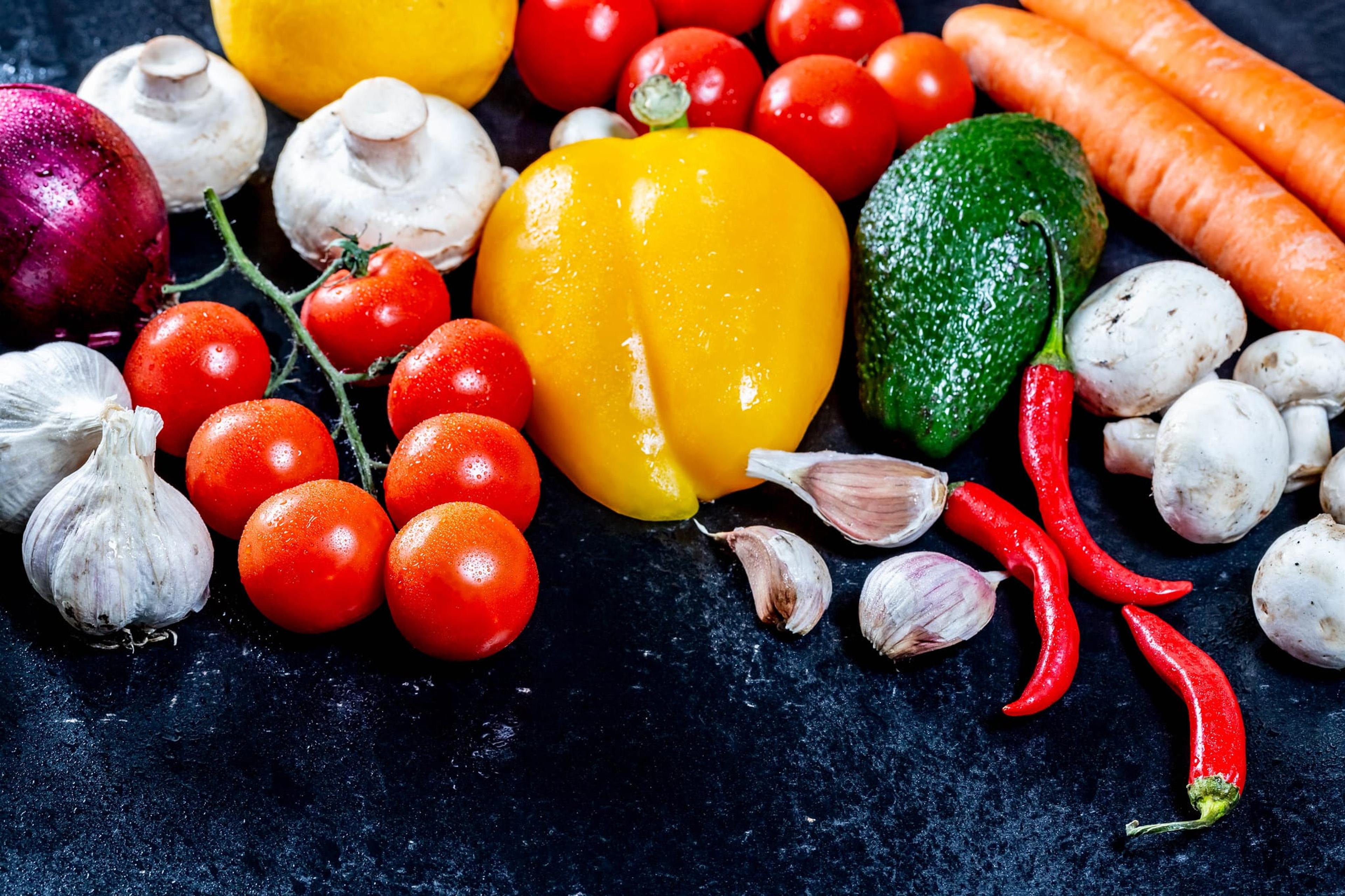
Do you know a healthy diet can bolster your immune system? Foods with immune-boosting properties can help prevent illness and the spread of infectious disease. Skipping nutrient-rich foods can leave you vulnerable to deficiencies that weaken the body’s natural defenses. Therefore, it’s important to take every precaution to safeguard one’s health. “We have to own this process and be a little bit conscious about what we're putting into our body,” says Grace Derocha, registered dietitian, certified diabetes educator and health coach at Blue Cross Blue Shield of Michigan. Foods with vitamins A and C can easily strengthen one’s immune system. Vitamin A supports the lining of the digestive tract and the lungs, while vitamin C contains antioxidants, which increase white blood cell production. Both play an integral role in maintaining a healthy physical condition. A lot of people prefer their vitamins in supplement form. Although they’re a convenient option, remember to choose high-quality versions that adhere to specific standards. “Any time you're taking a supplement, make sure that it's third-party verified,” warns Derocha. “What that means is that a third party has checked to see that what it says is in that bottle, is in it. You'll see an NSP or USP, those are two kind of stamps or labels that you'll find on a vitamin that's been third-party verified.” On the latest episode of the A Healthier Michigan Podcast, hosted by Chuck Gaidica, he and Derocha explore how simple dietary changes can keep you healthy all year-round. [podcast_player] Minerals are extremely valuable in the fight against infection. Zinc has is just as popular and potent as vitamin C. “It's really important because it helps fight different bacteria and viruses from entering the immune system,” explains Derocha. “It also keeps inflammation down.” Zinc can be found in meats such as beef, poultry and crab as well as legumes, beans and eggs. A lesser known mineral, selenium, can help combat free radicals and reduce inflammation. Brazilian nuts are naturally high in selenium as well as certain fish, like tuna. One can also increase immunity by eating probiotic and prebiotic foods. “Probiotics are technically the good bacteria in your gut,” says Derocha. “We have it. We want it to grow.” Examples include sauerkraut, pickles, kimchi and yogurt. Prebiotic foods work in collaboration with probiotics. They actually fuel probiotics by feeding them, since they’re living and growing. “If probiotics are the plants, then your prebiotics are the sun, water, and fertilizer,” explains Derocha. They are mostly fruits and vegetables, and fiber-rich foods like oatmeal. Herbs, spices and natural sweeteners also have substantial benefits. Turmeric is an anti-inflammatory, garlic has antibacterial and antifungal properties, while honey coats your throat and internal organs. It’s additional protection against foreign entities that eventually make you sick. Whether it’s pre-fuel, pro-fuel or supplement, feed yourself accordingly. Want more content like this? Read these posts:
Photo credit: Marco Verch





